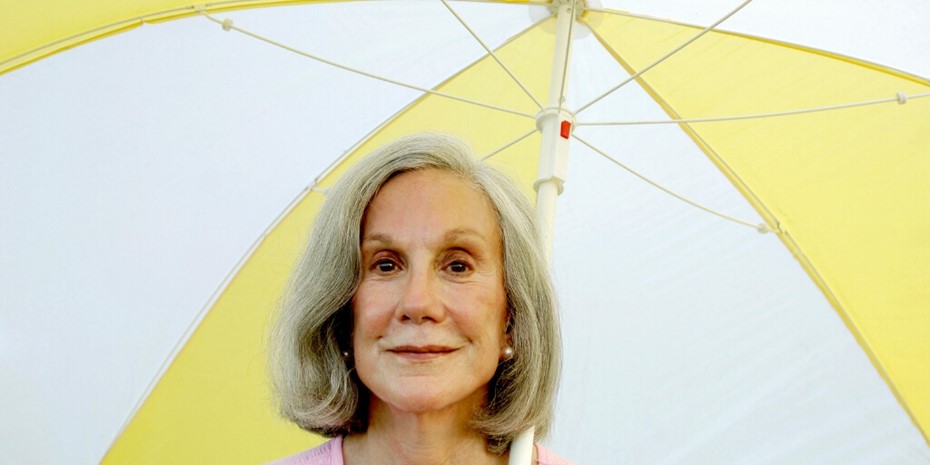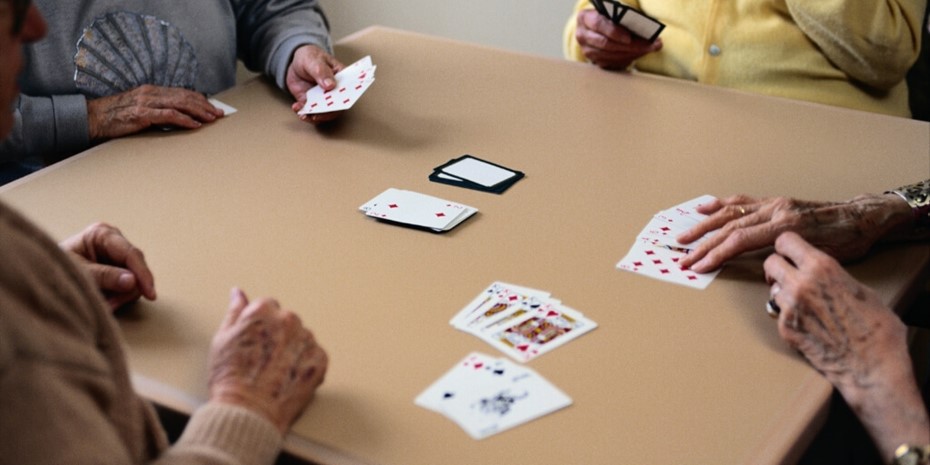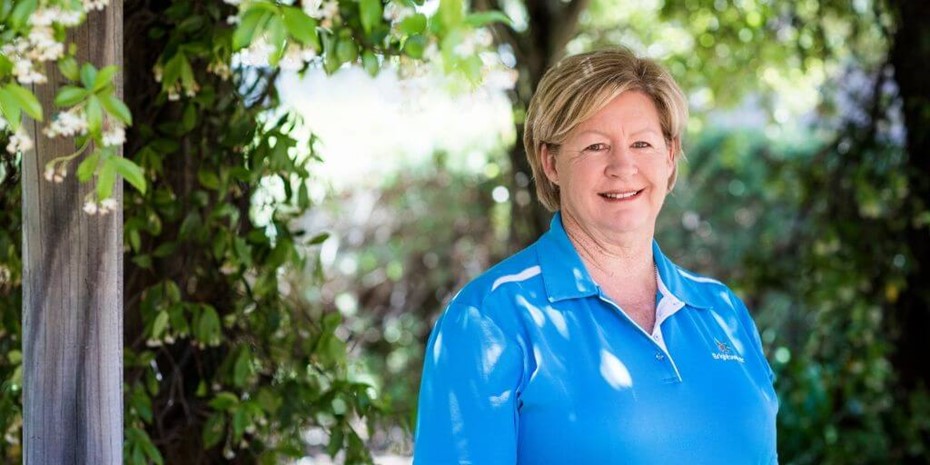- Home
- Residential Aged Care
- Home Care
- Retirement Living
- Support Services
- Aged Care Jobs
Need help finding an aged care provider? My Care Path offers a free support service. Call 1300 197 230
Need help finding an aged care provider? My Care Path offers a free support service. Call 1300 197 230
on Wednesday, July 10, 2019
Despite how common it is, often it’s only when someone close to us is affected that we really understand what it means to be living with dementia.
Here are 5 facts about dementia that you might not have known.

A lot of people use the terms dementia and Alzheimer’s interchangeably, or aren’t sure what the difference is.
Dementia is actually an umbrella term for Alzheimer’s disease and a range of other dementias.
As defined by Dementia Australia:
“Dementia is the term used to describe the symptoms of a large group of illnesses which cause a progressive decline in a person’s functioning.”
While these symptoms are different from person to person, it commonly affects thinking, communication, memory, social behaviour and physical functioning.
While Alzheimer’s disease is the most common cause of dementia (accounting for 60-70% of all dementias), it’s not the only cause.
Other types of dementia include:

While the likelihood of a dementia diagnosis does increase with age, dementia-related decline and age-related decline are not the same.
As we age, we experience a progressive decline in certain physical and cognitive functions, including memory loss. While many changes are a normal part of ageing, the symptoms associated with dementia are very different and affect a whole range of functions.
Occasionally forgetting something you were told is normal as we get older. On the other hand, repeatedly asking for the same information may have more warrant for concern.
It can be easy to confuse symptoms, so it’s important to speak with a health professional about any changes before you pinpoint a diagnosis yourself.
While 90% of people living with dementia are over 65, it does affect younger people, too. In Australia, around 25,000 people under 65 are living with younger onset dementia – a condition which can be notoriously hard to diagnose because of the assumption that it only affects older people.

Dementia is a process – it’s not something that happens overnight or at a predictable pace.
The early signs of dementia can be very subtle, and often present symptoms that could be confused with depression, infections or vitamin and hormone deficiencies. Because of this, dementia is sometimes misdiagnosed or overlooked in the earlier stages.
Dementia affects everyone differently, but typically, symptoms can be categorised in three stages:
While treatments can postpone decline and alleviate symptoms for some, it’s important to be aware that there is currently no cure for dementia.

Sensory stimulation – activities that engage our sense of sight, smell, touch, taste or sound – help people living with dementia experience their environment in new and different ways.
Music can be particularly beneficial. Research shows that music can:
Music is often used to improve the quality of life for people living with dementia, encouraging them to reconnect with their sense of identity and reengage with family and friends.
Other forms of sensory stimulation used in dementia care include:

As of 2019, there are around 447,000 people living with dementia in Australia. It is the leading cause of disability in over 65s, and the second leading cause of death.
In Australia, the cost of dementia is estimated at $15 billion for 2018. But with the proportion of dementia cases growing, more funding is needed to support dementia care both in the community and in residential aged care.
More funding for research is also key, particularly around risk reduction and early diagnosis.
In Perth, many local councils are running initiatives to promote dementia friendly communities – empowering environments that encourage people living with dementia not to restrict their movements in the local community because of their diagnosis.
Ideas such as Memory Cafés and using the 10 dementia inclusive design principles in built environments help improve the wellbeing of people living with dementia, and are a necessary step toward a more inclusive community.


Brightwater Care provides dementia support to clients in residential aged care, at home and in respite care.
Their innovative in-house research centre is also focused on actively seeking ways to improve dementia care and quality of life for their clients and the broader community.
To learn more about support and services for people living with dementia and their friends and family, visit the Dementia Australia website. You can also register for the Dementia Friends Program here, or learn more about Alzheimer’s WA carer support groups here.
Join 10,000+ subscribers for the latest news
